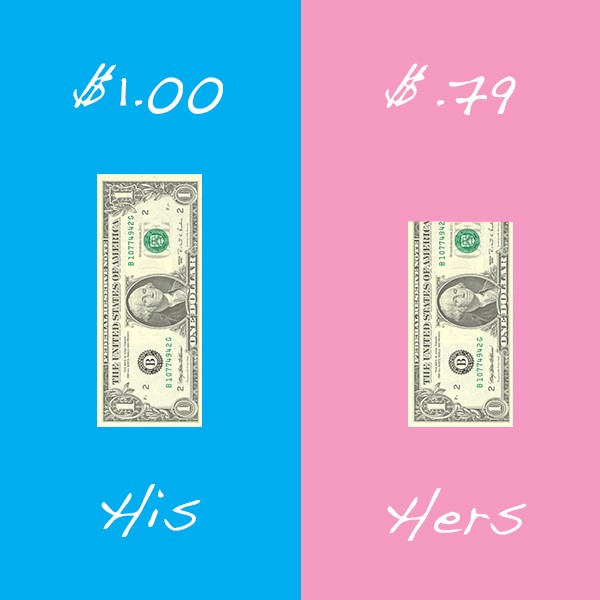
This blog originally appeared on the WRJ Blog
A new piece of legislation positioned to solve the problem of unequal pay that women face in the workplace was introduced at the end of October. At first glance, you might think: isn’t this a good thing? Unfortunately, some bills would do a better job adequately addressing the problem of unequal pay in the workplace than others.
Earlier this fall, new Census data was released about women’s pay equity and the gender pay gap that exists in the United States. On average, women make 79 cents to every dollar that white non-Hispanic men make. This startling statistic has brought the issue of pay equity to the forefront of workplace social justice issues, particularly in Congress, as there are now several bills that all seemingly set out to do the same thing. On a positive note, it is exciting that Members of Congress with a wide range of political beliefs are supporting the passage of legislation that seeks to fix the gender pay gap. On the other hand, not all of the proposed legislation goes far enough to address the problems of unequal pay that working women face.
In particular, the Workplace Advancement Act (S. 2200), which was introduced at the end of October by Senator Deb Fischer (R-NE) does not provide the strong protections that women in the workplace need and deserve. The bill intends to recommit Congress to existing federal protections against wage discrimination, which have proven to not be strong enough to stand up against the issue in the past. This is not enough for women and their families who are losing critical income due to pay inequity. This legislation doesn’t create new protections against wage discrimination, and it has the potential to be harmful to women by creating a false sense of security in the workplace. Establishing narrow and misleading rules such as those in the Workplace Advancement Act could create additional burden and risk for women who discuss their pay.
Fortunately, there is legislation that if passed would make real improvements to existing federal protections. The Paycheck Fairness Act (H.R. 1619/S.862), which was introduced in the House by Representative Rosa DeLauro and by Senator Barbara Mikulski is a strong equal pay bill that addresses the pay equity issues at hand.
By closing loopholes and improving the effectiveness of existing law, the Paycheck Fairness Act would make it harder for employers to hide wage discrimination, reward them for good pay practices and help train women and girls in salary negotiation. Unlike the Workplace Advancement Act, the Paycheck Fairness Act provides these added measures that are needed to address the gender pay gap.
Jewish tradition teaches us that "one who withholds an employee's wages is as though he deprived him of his life" (Baba Metzia 112a). The Reform Movement has long supported equal pay, with a 1983 Resolution on Economic Justice for Women. At Assembly two weeks ago, Women of Reform Judaism passed a resolution reaffirming their commitment to achieving pay equity, and awarded pay equity advocate Lilly Ledbetter with the Jane Evans "Pursuit of Justice" Award. I had the opportunity to meet Ms. Ledbetter, and it was truly an inspiring moment and highlight of my time at WRJ Assembly.
Take action and contact your Member of Congress to let them know that you support the Paycheck Fairness Act as the solution to pay discrimination. For more information on pay equity, visit WRJ’s Pay Equity Advocacy Initiative Page.
Related Posts

Remarks from Rabbi Eliana Fischel at Jewish Gathering for Abortion Access

Teens from North Carolina Speak About Environmental Justice


